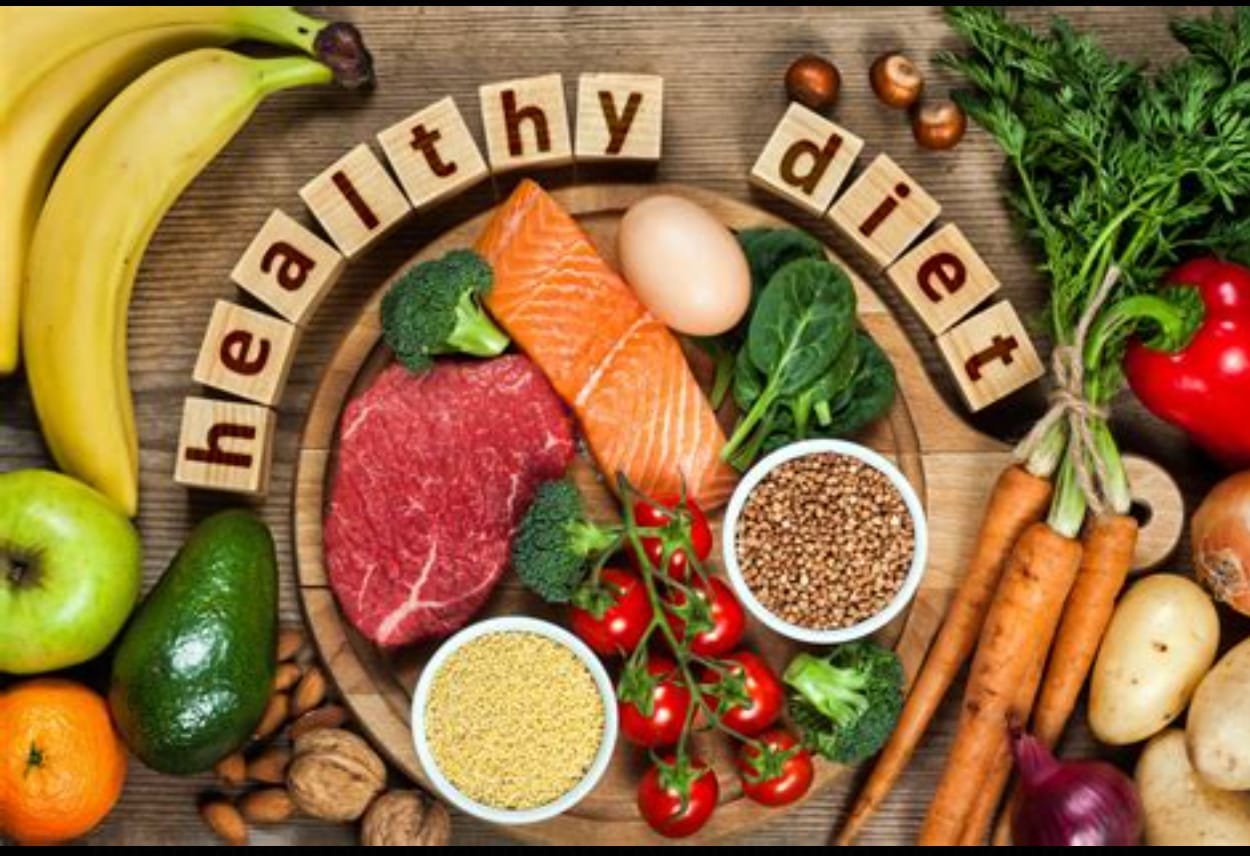Nutrition is the science which studies the nature of the nutrient substances found in food, the way the body uses them, and the relationship which exists between diet and health and/or diseases. An account of healthy eating would be how conscious choices regarding one’s food and beverages help maintain or improve health and wellness.
There are many considerations for healthy eating which include:
- Calories: Represents the measure for the energy content of foods. The amount of calories vary among individuals based on age, gender, activity levels, and overall health.
- Macronutrients: These constitute the three major types of nutrients required by the body in larger quantities: carbohydrates, protein, and fats.
- Micronutrients: Refers to vitamins and minerals required by the body in relatively small amounts.
- Fiber: Fiber is a type of carbohydrate that’s not digestible for humans and is necessary for digestive health and will contribute to lowering cholesterol and blood sugar levels.
- Water: The clear liquid that sustains life and constitutes about 60 percent of a human’s body. Drinking plenty of water throughout the day will help ensure proper hydration.
Healthy eating patterns are characterized by variety across all food groups. The following are some tips for healthy eating:
- Eat plenty of fruits and vegetables.
- Choose whole grain products over refined ones.
- Include lean sources of protein in your meals.
- Limit unhealthy fats and added sugars.
- Water is all you need to drink.
- A hallmark of a healthy lifestyle is healthy eating. A better living is a function of the choices of food and drinks made for oneself.
- The nutrients needed in large amounts by the body are three in number: carbohydrates, protein, and fat.
- The body’s main source of power is in the form of carbohydrates. Undergo digestion to be absorbed and utilized as glucose, which can then be used for energy by cells in the body. Carbohydrates are found in foods such as bread, pasta, rice, fruits, and vegetables.
- Protein is needed for the growth and repair of tissues. It is also used for the synthesis of enzymes and hormones. It is found in high amounts in red meat, poultry, fish, eggs, dairy products, and beans.
- Fat is an important dietary energy source and essential for the absorption of vitamins and minerals. It can be found dispersed in foods such as butter, oil, nuts, seeds, and avocado.
- These micronutrients are needed in lesser amounts than macronutrients. Vitamins are organic compounds required for normal physiology in the body, while minerals represent inorganic elements, and they also assist physiological functions.
- There are different categories of vitamins and minerals, each performing its own special function. Some of the biggest-vitamins are vitamin A, vitamin C, vitamin E, and vitamin B12. Minerals include calcium, iron, magnesium, and zinc.
